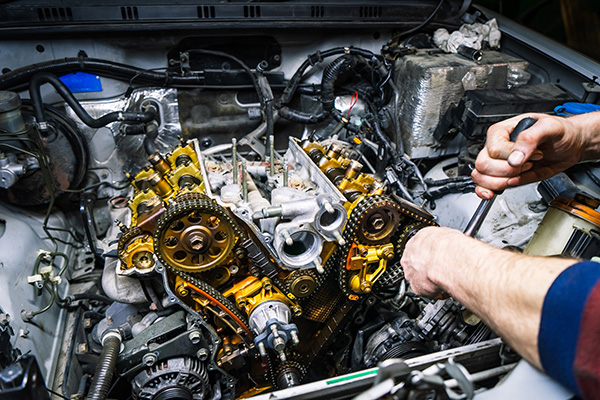
Owning a car comes with a fair share of maintenance responsibilities, and while certain repairs are inevitable due to wear and tear, some major car problems can be easily avoided with a bit of attention and care. Many expensive and time-consuming repairs stem from neglected maintenance or ignoring early warning signs. By taking preventive measures and addressing issues early on, you can save yourself a lot of time, money, and frustration down the road.
Here’s a look at some of the most serious and costly car repairs that can often be avoided, and how you can prevent them from happening in the first place.
1. Engine Failure Due to Lack of Oil Changes
The engine is the heart of your car, and keeping it in good condition is crucial. One of the leading causes of engine failure is neglecting routine oil changes. Engine oil lubricates all the moving parts of your engine, reduces friction, and prevents overheating. Without clean oil, your engine parts can wear out faster, leading to serious damage or even complete engine failure.
Follow your car’s recommended oil change schedule, which is typically every 3,000 to 7,500 miles, depending on the type of oil and your driving habits. Neglecting this basic maintenance task can result in thousands of dollars in repairs or a full engine replacement.
2. Transmission Problems
Transmission repairs are some of the most expensive you can face, often running into the thousands. One of the key reasons transmissions fail is due to overheating or lack of fluid. Transmission fluid helps regulate temperature and lubricate moving parts, and without it, your transmission can suffer serious damage.
Like engine oil, transmission fluid needs to be regularly checked and replaced according to your vehicle’s maintenance schedule. If you notice a burnt smell or difficulty shifting gears, don’t delay getting it inspected.
Abrupt acceleration and hard braking can put extra strain on your transmission, shortening its lifespan.
3. Brake System Failures
Brakes are critical to your safety, so it's no surprise that brake system failures can lead to serious consequences. Many brake issues are avoidable, as they often stem from worn-out brake pads or low brake fluid levels. If you ignore early signs like squeaking or grinding noises, you could end up with damaged rotors or even complete brake failure.
Pay attention to the condition of your brake pads. Most pads need to be replaced every 25,000 to 50,000 miles, depending on your driving conditions. Don’t ignore strange noises or vibrations when braking, as these are warning signs that something needs attention.
Low brake fluid can affect your ability to stop effectively. Make sure the brake fluid is at the correct level and free from contaminants.
4. Overheating and Cooling System Failures
Your car’s cooling system is designed to prevent the engine from overheating by regulating its temperature. A failure in this system, such as a broken radiator or a failed water pump, can cause your engine to overheat, leading to significant damage. Overheating can warp your engine components, causing expensive repairs or even engine replacement.
Make sure your coolant levels are topped up, and inspect your radiator, hoses, and water pump for leaks or damage. If your car’s temperature gauge starts climbing higher than normal, don’t wait—get it checked right away.
Over time, debris can build up in the radiator, reducing its effectiveness. Flushing the system periodically will help keep it working efficiently.
5. Suspension Issues
Your car’s suspension system is responsible for keeping your ride smooth and stable. Over time, components like shocks, struts, and control arms wear out, especially if you drive on rough roads frequently. A damaged suspension can cause uneven tire wear, poor handling, and even accidents if not addressed.
Proper tire pressure and regular alignments can help reduce stress on your suspension system. Make sure your tires are in good condition and replace them when necessary.
Potholes and rough terrain can damage your suspension. Drive slowly and carefully when navigating uneven surfaces to protect your vehicle's suspension components.
6. Ignoring Check Engine Light
The check engine light is one of the most ignored warnings on the dashboard, yet it can signal a range of issues, from minor to severe. Ignoring the check engine light can lead to serious engine problems or even complete breakdowns if the underlying issue worsens.
If your check engine light comes on, don’t wait until it’s too late. Get it checked as soon as possible to identify the issue and prevent more significant damage.
Tired of dealing with car problems? Bring your vehicle to Just Automotive, and we’ll make sure it’s in top shape with our professional maintenance services. Call us now to book a service!